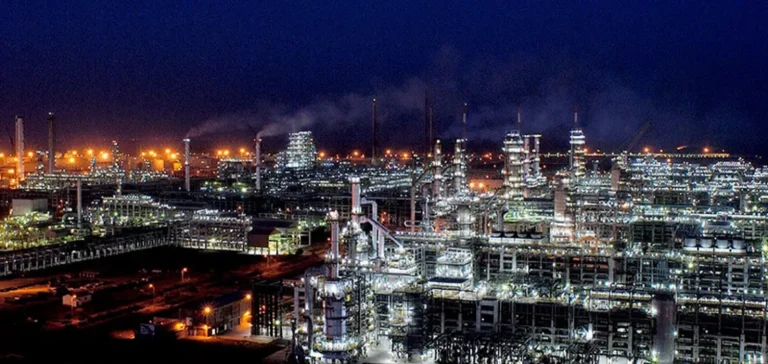Reliance Industries is adjusting Jamnagar’s industrial organization to deliver refined products admissible in the European Union (EU) market. The complex has a capacity of about 1.24 million barrels per day, enabling destination-specific campaigns. Documentation includes material balances, tank logs and run sheets by campaign to demonstrate the absence of Russian crude in lots destined for the EU. Reinforced import controls require end-to-end, verifiable origin proof at arrival.
Required traceability and process transformation
The European Commission (EC) and customs authorities require material proof of origin for imported fuels. Accounting compensation approaches are not sufficient when a single refinery is fed with multiple crude origins. Refining sequences are planned to physically isolate “EU-compliant” flows, with associated tanks, pipelines and terminals. Operating records are retained to respond to potential ex-post audits covering production and loading periods.
Banks and marine insurers condition financing and coverage on origin attestations and specific contractual undertakings. Letters of credit include representations and warranties on the absence of Russian crude, together with audit rights. Shippers schedule dedicated loading windows to limit mixing risks during transfers. This organization adds compliance costs and moderately extends operational cycles, but secures access to regulated markets.
Interaction with sanctions regimes and UK requirements
The United States Department of the Treasury, through the Office of Foreign Assets Control (OFAC), targets major Russian entities and exposes counterparties to secondary sanctions when transactions are deemed significant. The United Kingdom’s Office of Financial Sanctions Implementation (OFSI) aligns due-diligence obligations across maritime and documentary chains. Maritime services are subject to information requirements, notably where price caps apply. These frameworks increase financial institutions’ caution, which strengthen front-end verification of files.
For an Indian exporter, the convergence of European, American and British rules raises risk sensitivity for sales to European ports. Buyers require compliance attestations, retention of evidence and the possibility of independent checks. Purchase and sale contracts contain indemnification mechanisms in case of origin default and termination options. Logistics providers integrate these constraints upstream to avoid customs clearance delays.
Flow redeployment and trade data
Shipments of refined products to Europe from India and Turkey stand at around 230,000 barrels per day since the start of the year, compared with peaks above 450,000 barrels per day two years earlier. Imports of Russian crude by India and Turkey accounted last year for roughly 40% to 60% of their crude baskets. In this context, the EU requires strict segregation for imported lots, with material traceability of campaigns. Volumes not compliant with European criteria are redirected to non-EU markets.
Jamnagar is rebalancing its crude slate for cargoes bound to the EU, favoring Middle East, West Africa and the Americas origins to facilitate origin proof. Traders reflect a compliance premium in prices for fully auditable cargoes. Valuation differentials between European and Asian hubs incorporate additional costs for insurance, chartering and documentary verification. European buyers diversify low-risk suppliers to secure supply continuity.
Contract clauses, governance and operational impacts
Contracts include origin representations and warranties, audit rights, sanctions-related termination clauses and indemnification mechanisms. “Cap attestations” for maritime services accompany files, with documentary retention obligations. Reliance is strengthening coordination among compliance, internal audit and operations to align processes, logistics and the expectations of financial counterparties. Investments focus on measurement, traceability information systems and third-party certification.
At the flow level, segmentation by destination stabilizes shipments to the EU while maintaining alternative outlets for ineligible lots. Collection cycles adjust to the duration of ex-ante and ex-post verifications. Arbitrage patterns among Europe, Africa and the Americas evolve according to the availability of certified products and freight conditions. Rigorous maintenance of origin records becomes a competitiveness factor to access premium markets and limit litigation risks.






















